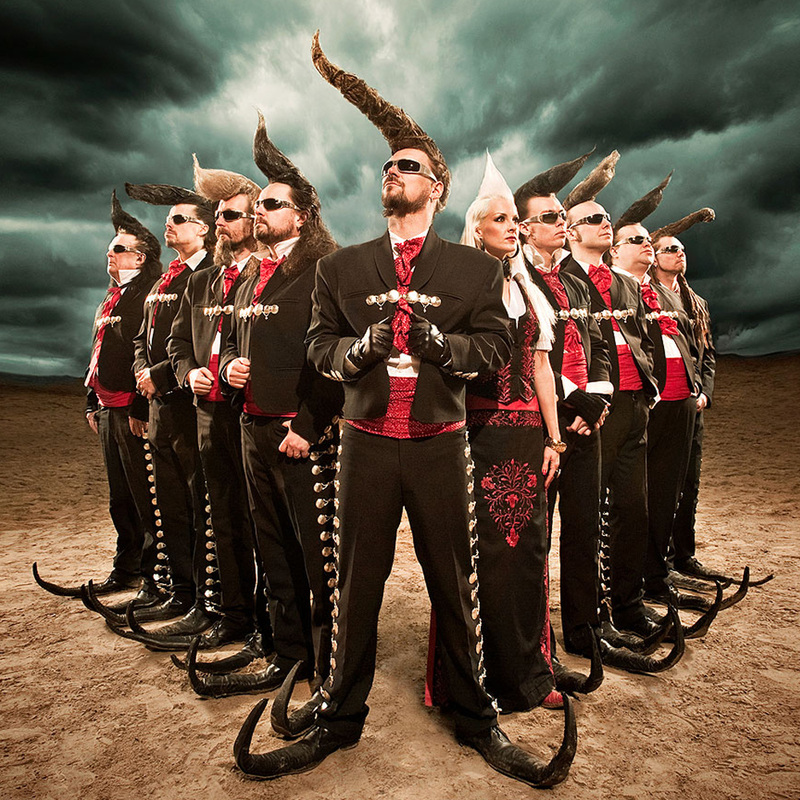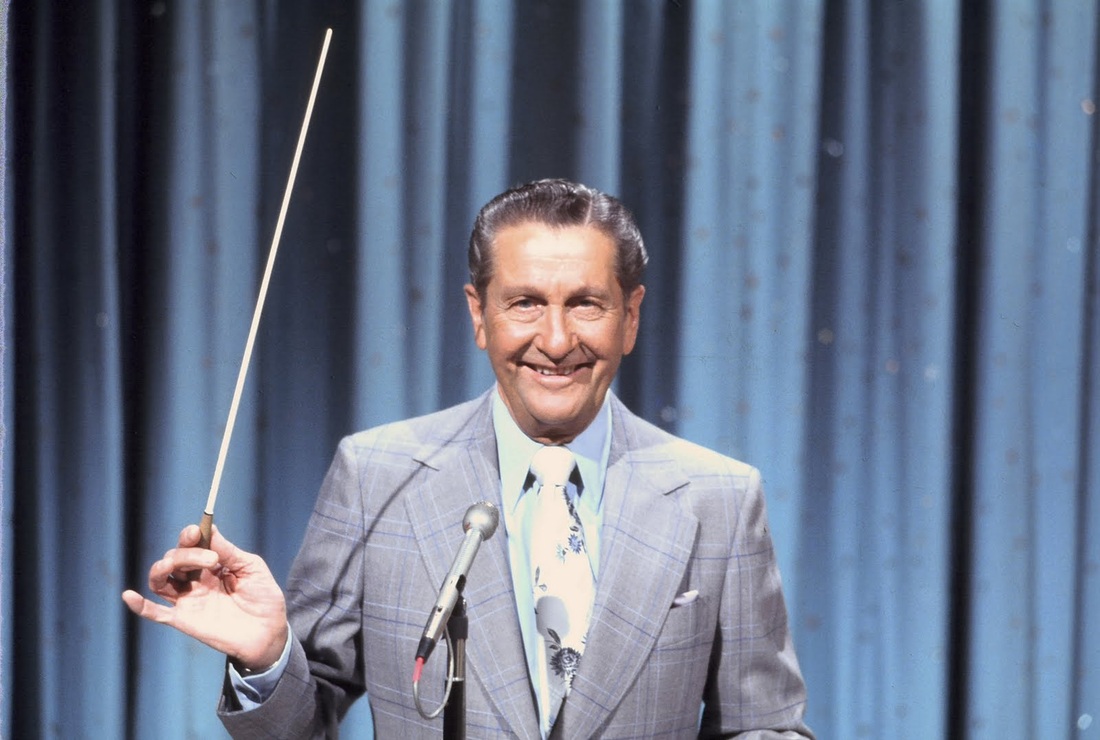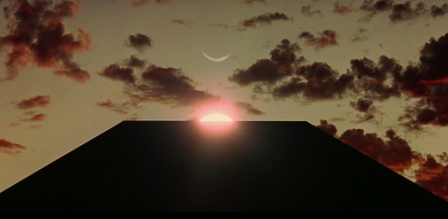n
William Congreve
Music has been called the universal language. It’s the aspect of our culture that arguably moves us more than anything else–other than sex. Mankind cherishes and values music so much that snippets of several of western civilization’s musical highlights, including the song “Johnny B. Goode” and the first movement of Beethoven’s 5th symphony, were sent into space along with the two Voyager probes in 1977 in the hopes of ultimately reaching extraterrestrial life and demonstrating that we as a race are intelligent. Ahem.
What happens when music goes wrong? Sure there’s plenty of what can generally be considered bad music and much of it from the 1970’s, which by the way was my formative decade. Catch a mere smidge of any of these truly bad songs and you may be stuck with it for the rest of your day and auditorily maimed, so to speak. Yes, even a mere five second exposure to the likes of “MacArthur Park,” “Take a Letter Maria,” “Honey,” or “Muskrat Love” is enough to stun the naked mind. I apologize for even bringing up these cursed tunes and hope you will read on.
Beyond simply bad music like the songs listed above, there are other times when musical mismatching of monumental proportions takes place; where the performers, the performance, the music, and/or the context is so epically wrong as to defy all logic, much less lofty imagination. These are special musical moments indeed and here are three of my favorites. Read on, listen, and prepare to be sore amazed.
It’s doubtful that you’ve heard of the subject of our first sonic implosion. If by some chance you have, then you know that the Leningrad Cowboys were and still are a Finnish band known for their exaggerated hairstyles and costumes. The Cowboys are further known for performing a wide range of popular ’70’s and ’80’s covers, not to mention some very slick polka tunes. Beyond that, the band also has a cult following for their filmed concerts, in particular the “Total Balalaika Show” first released in 1994. The film is of a 1993 performance of the group in Helsinki accompanied by the 160 member Russian Alexandrov ensemble and chorus. The highlight of said concert, even above an inspiring rendition of “Stairway to Heaven,” has to be Lynyrd Skynyrd’s 1974 ode to southern rock, “Sweet Home Alabama.” Know that the Cowboys are a pretty decent cover band that manage to do justice to anything they play. But the combination of their remarkably outlandish hair and outfits with the minions of straight-laced Russian lads in staid brown uniforms belting out “Sweet Home Alabama” is impossible to describe. It must be experienced:
Even in my naïve youth I could sense an incredible rift in TV reality played out weekly on early Saturday evenings on our local Albuquerque ABC affiliate. Precisely at the 7:00 hour, just before the listening audience was about to go face down in their TV dinners due to a combination of starch, fat, and various medications, conductor and accordion player extraordinaire Lawrence Welk and his band of renown offered up 60 minutes of what can only be called well-scrubbed sonic dry wall. Each week Larry and the band would play perky tunes so removed from musical reality that their source had to be a portal into some bizarre alien universe or the result of a cruel government anti-youth plot.
Likewise, I’m sure that Welk struggled with all the music/noise born in the ‘60’s and ‘70’s, when musicians began to plug their instruments into wall sockets and play louder than proverbial hell. And let’s not even mention the long hair, the outlandish clothes, and the steaming morass that defined the morality of the times. Every now and again Welk and his band would bravely foray into the murky waters of rock and roll and always with mixed results at best. The finest example surely must be their 1971 rendition of Brewer and Shipley’s ode to marijuana and excess entitled, “One Toke over the Line.” It’s a song I remember from high school, a song that’s definitely forgettable–unless you tried to embody the spirit of its lyrics, in which case remembering anything other than your name became a major sport not to mention the power-eating of junk food.
Did Lawrence and company realize what the song was about, especially with Welk himself calling it a “modern spiritual”? And did bashful Dick Dale and perky Gail Farrell really get what being, “one toke over the line sweet Jesus,” meant? Probably not, but then we are the benefactors, yea the grateful recipients, of this momentous occasion in the history of musical short circuitry. Watch, listen and enjoy!
By now the initial bars of Richard Strauss’ tone poem, “Also Sprach Zarathustra,” aka the opening theme to Stanley Kubrick’s, 2001: a Space Odyssey, is one of the most ubiquitous pieces of classical music known to mankind. It’s right up there with the Blue Danube waltz and the Taco Bell Canon. You might assume that a piece such as Also Sprach, which is scored in C Major with a lot of open chords, a simple melody, and tympani (kettle drums) going boom, boom, boom, might be a piece of cake to play. After all, how hard could it be? You would be wrong. The very fact that so many different instruments in the orchestra are all playing the same pitches and the same chords at the same time, lives and breathes disaster for ensembles at practically any and every level of expertise. Just ask the principal trumpet player who has to end the opening segment by blowing his or her brains out on a high “C.” Lovely.
Enter the Portsmouth Sinfonia, an orchestra founded in 1970 by a group of students at the Portsmouth School of Art in the U.K. The only requirement to be in the orchestra was that players either had to be non-musicians; or if they were musicians, they had to play an instrument that was completely new to them. The ensemble started off as a lark but soon gained notoriety with concert appearances and a film. They eventually attracted the attention of musician Brian Eno, who produced two albums with the group. Even though the orchestra disbanded in 1979, their recording of Also Sprach is legendary. Without further ado, I give you a performance for the ages.
nn



